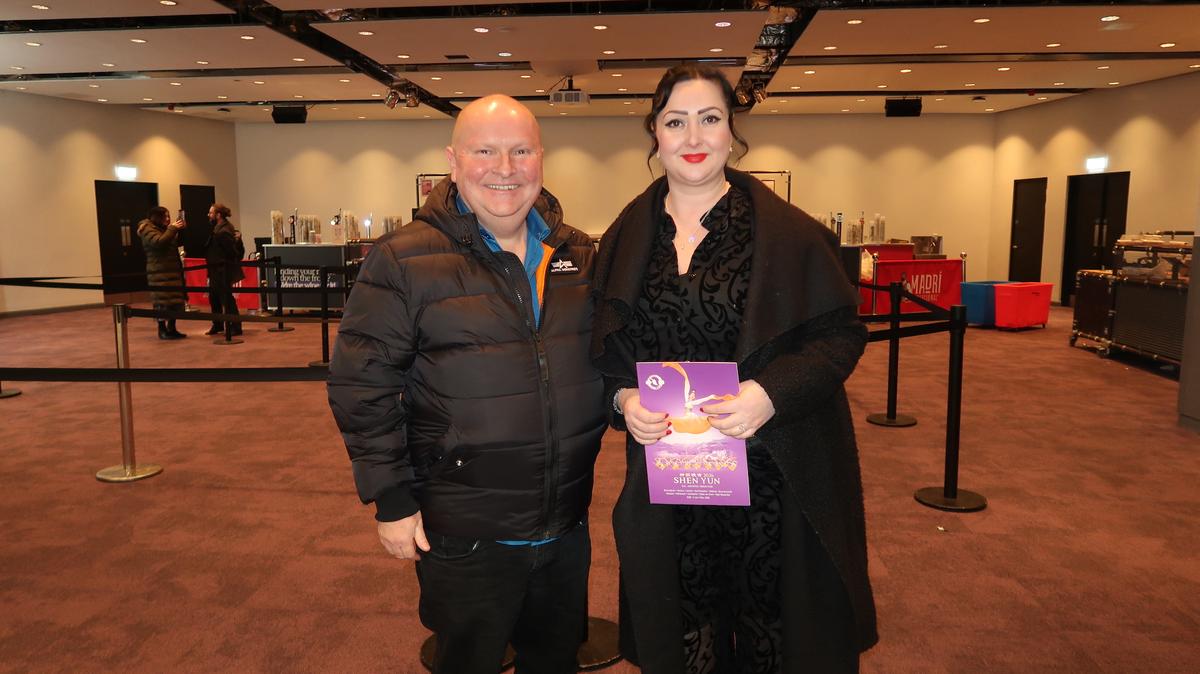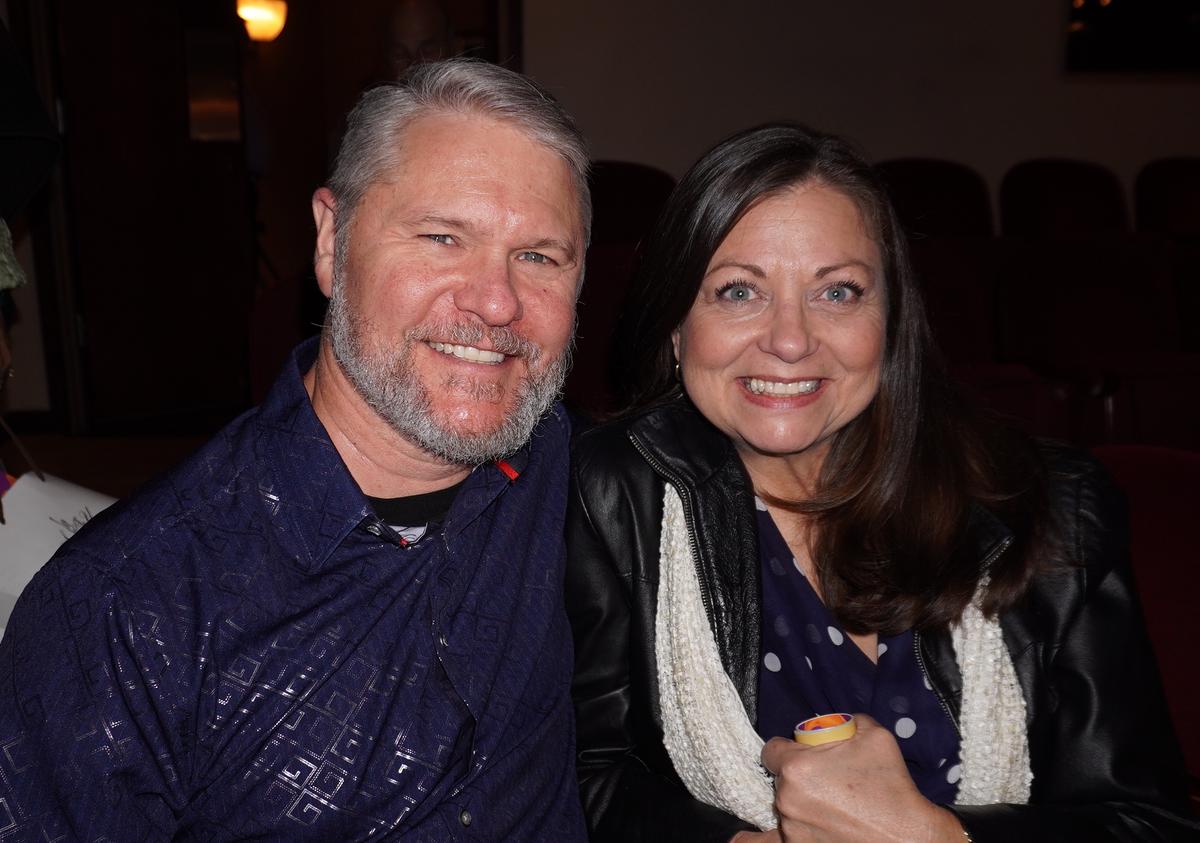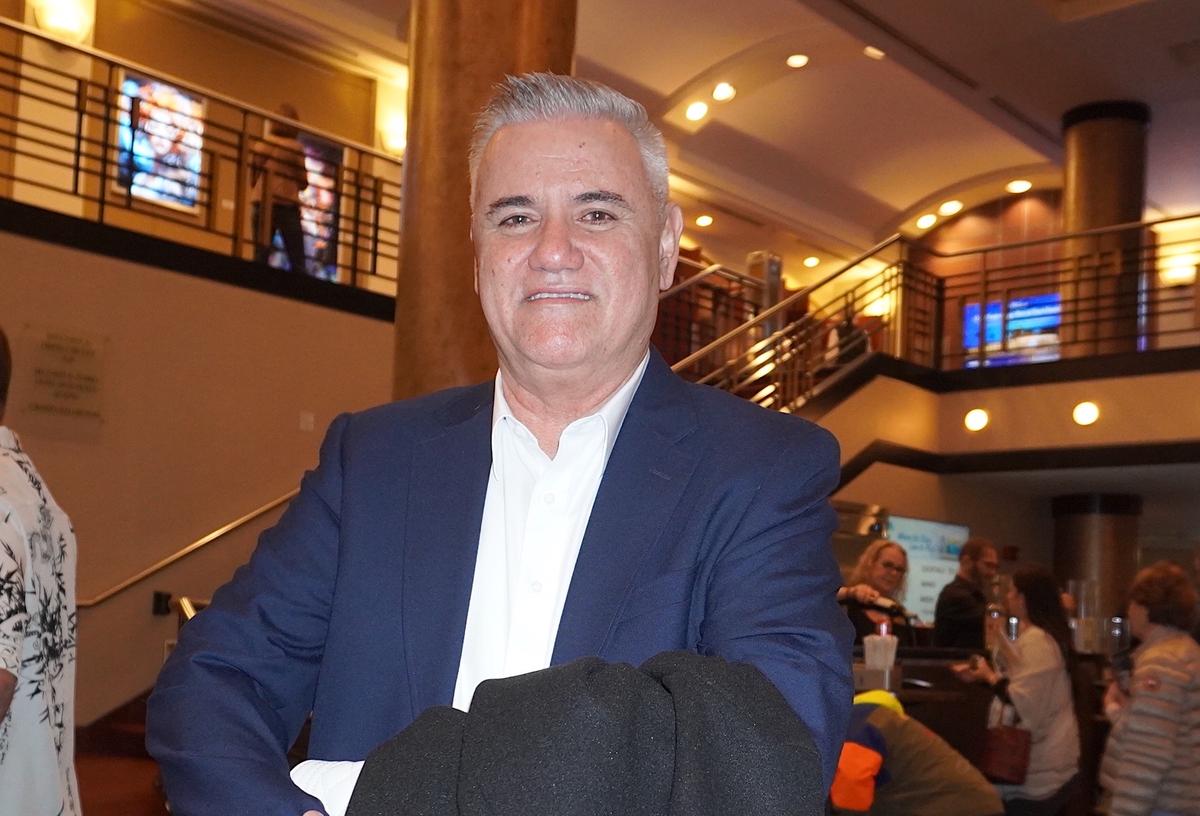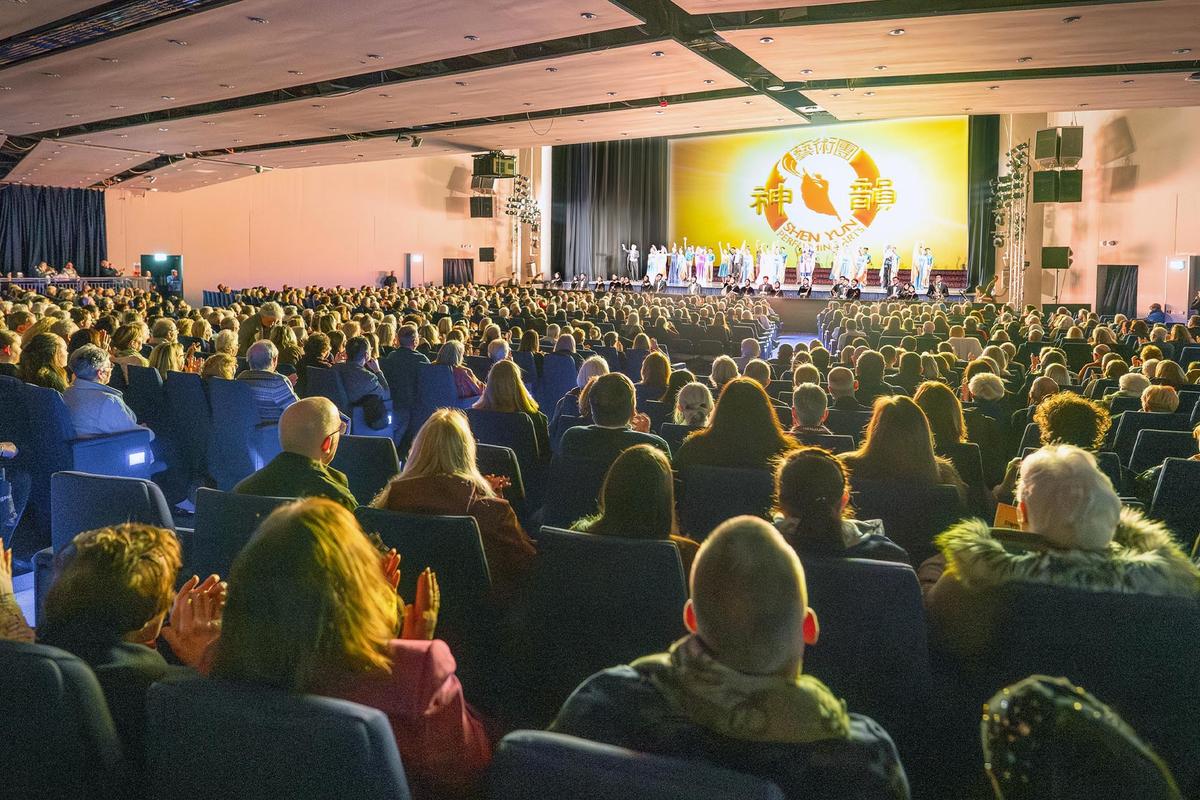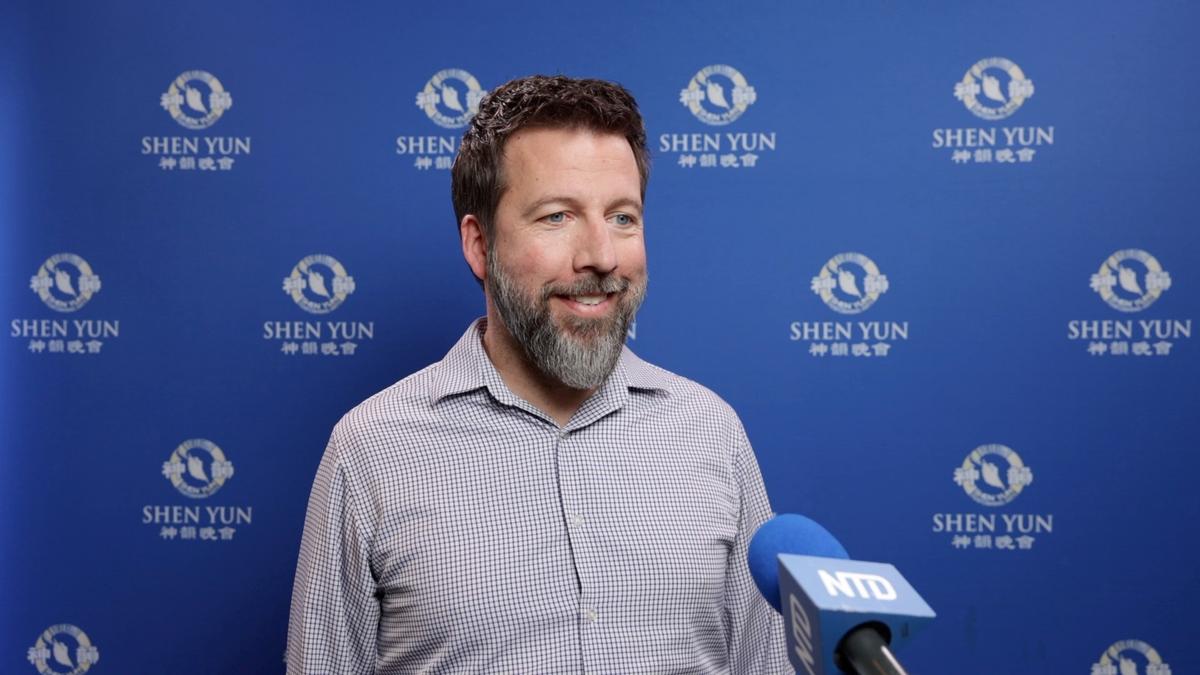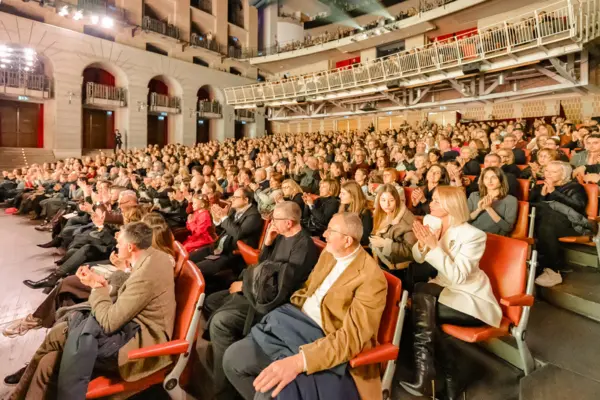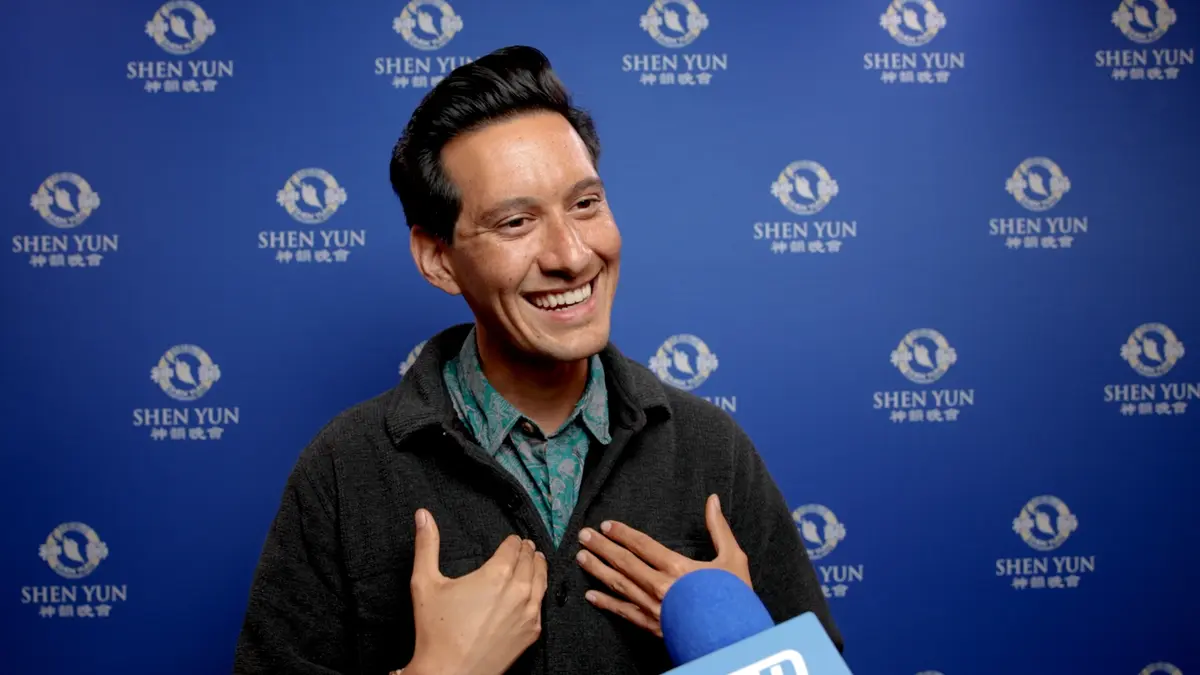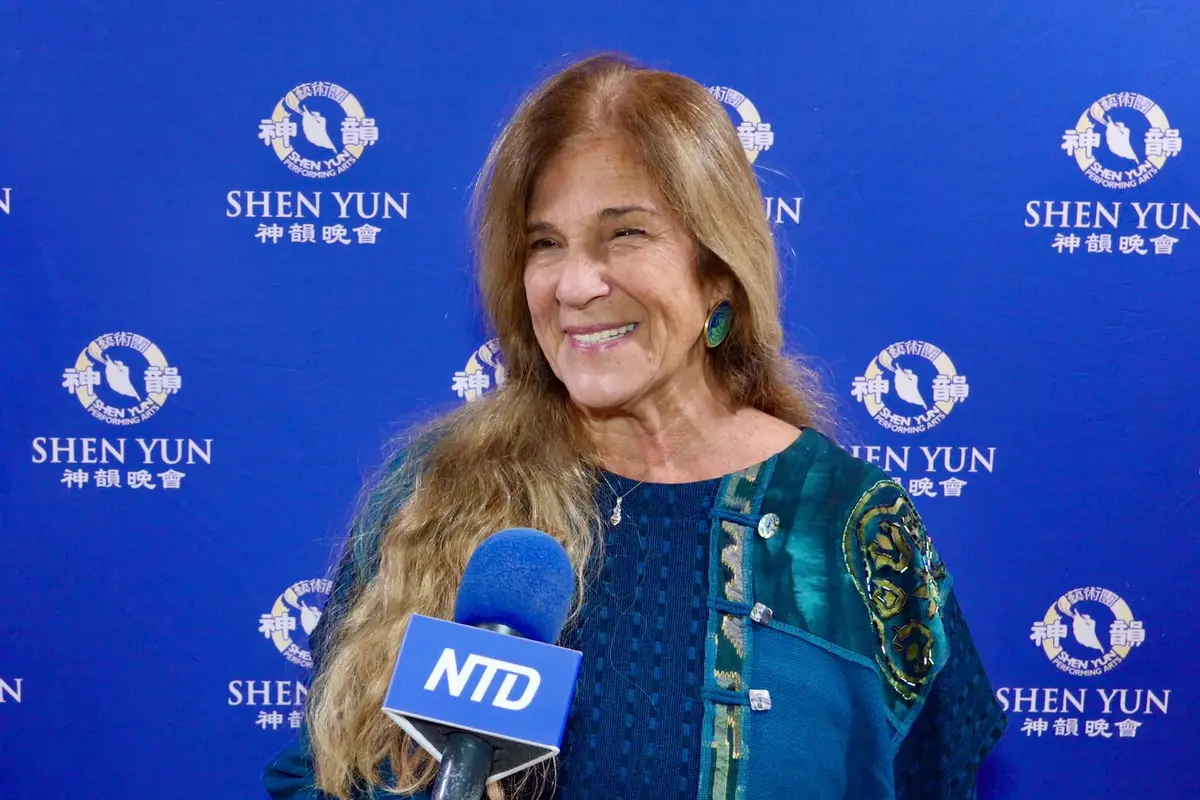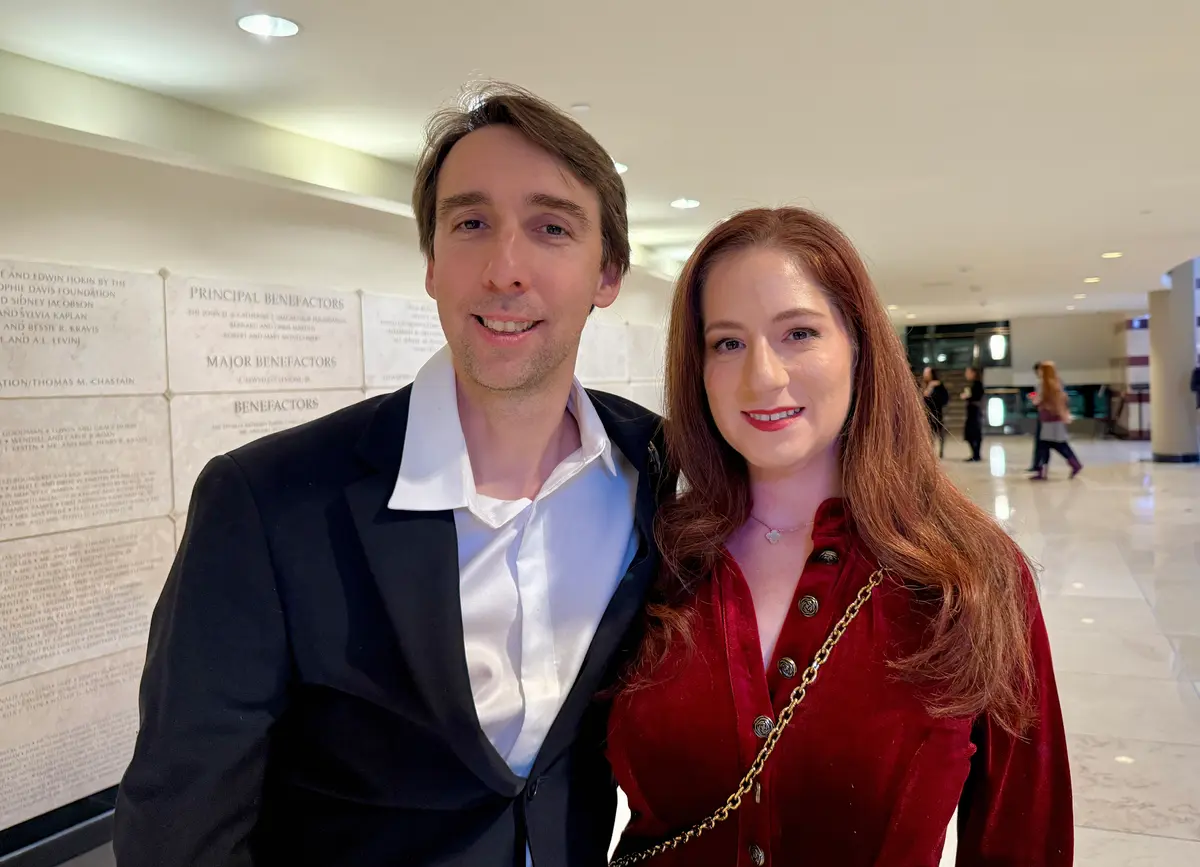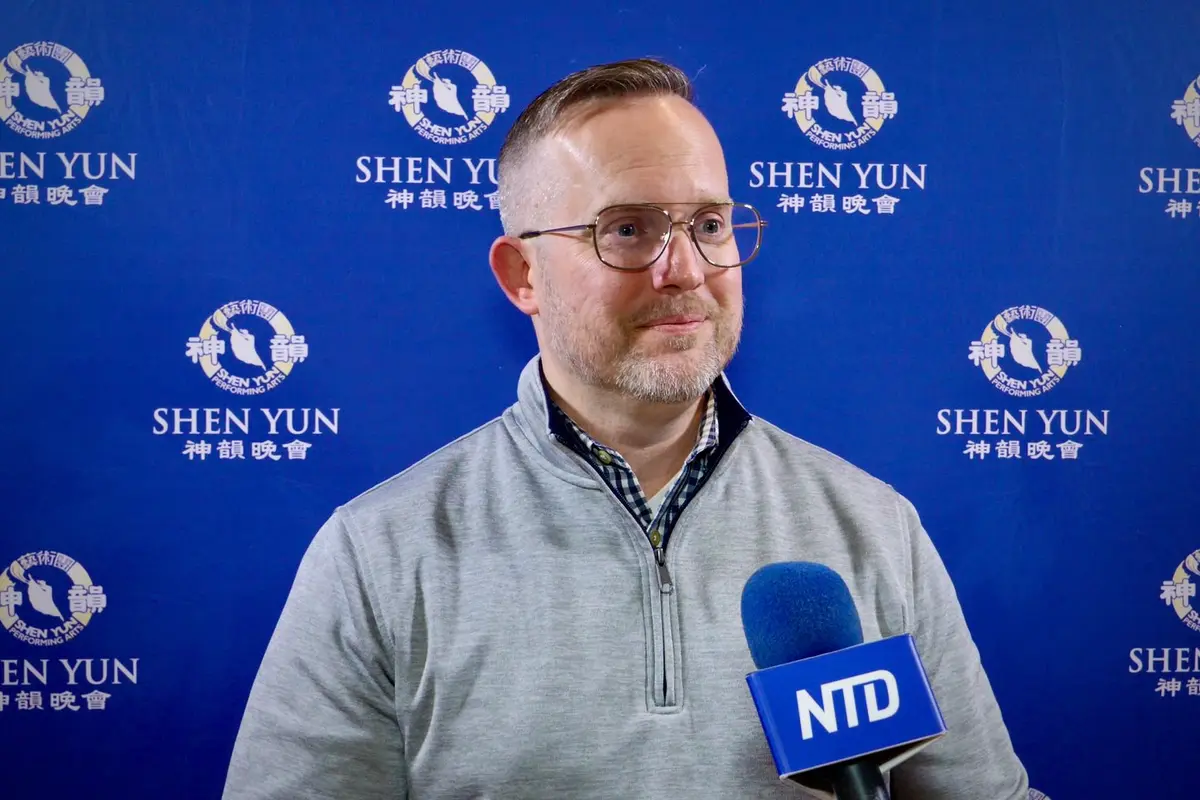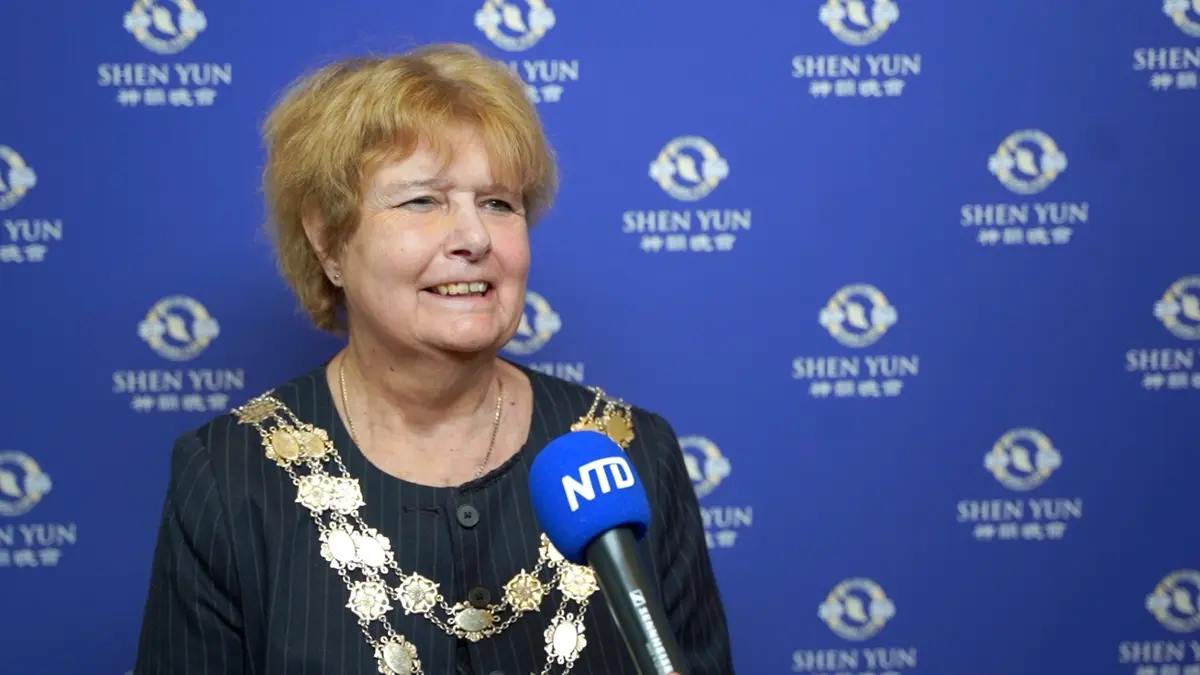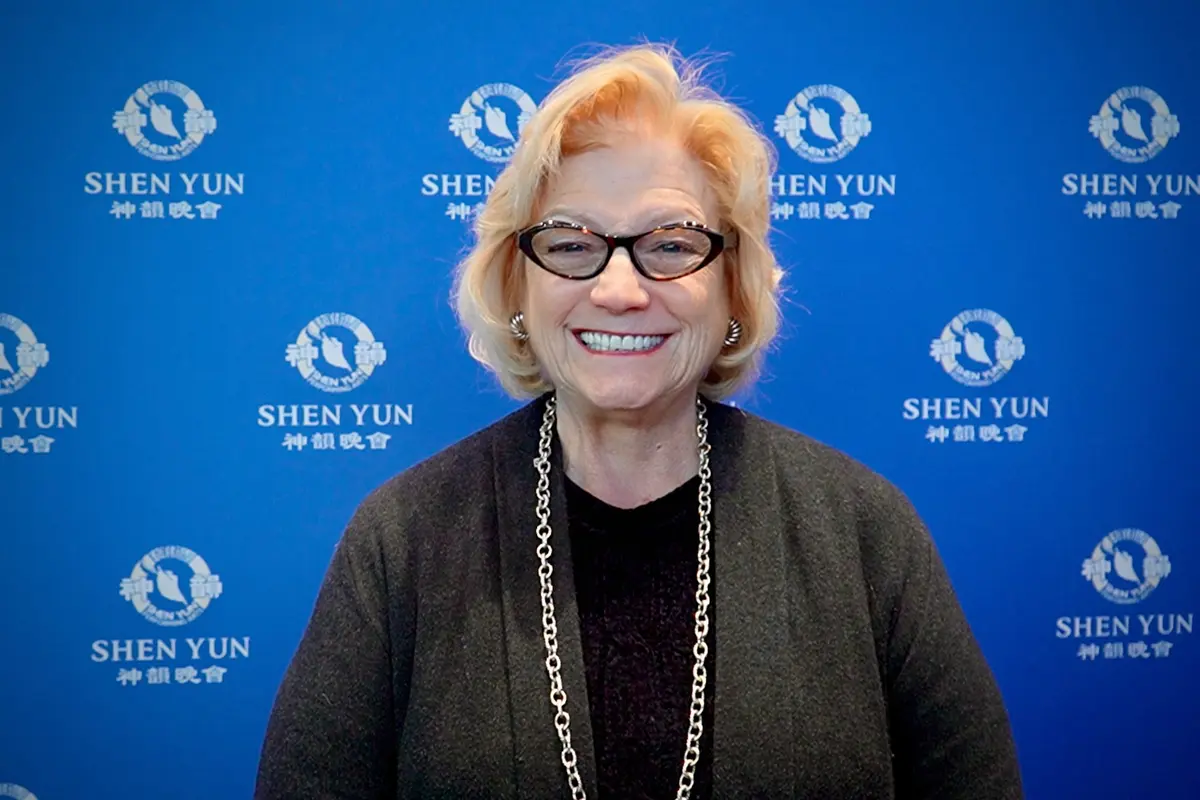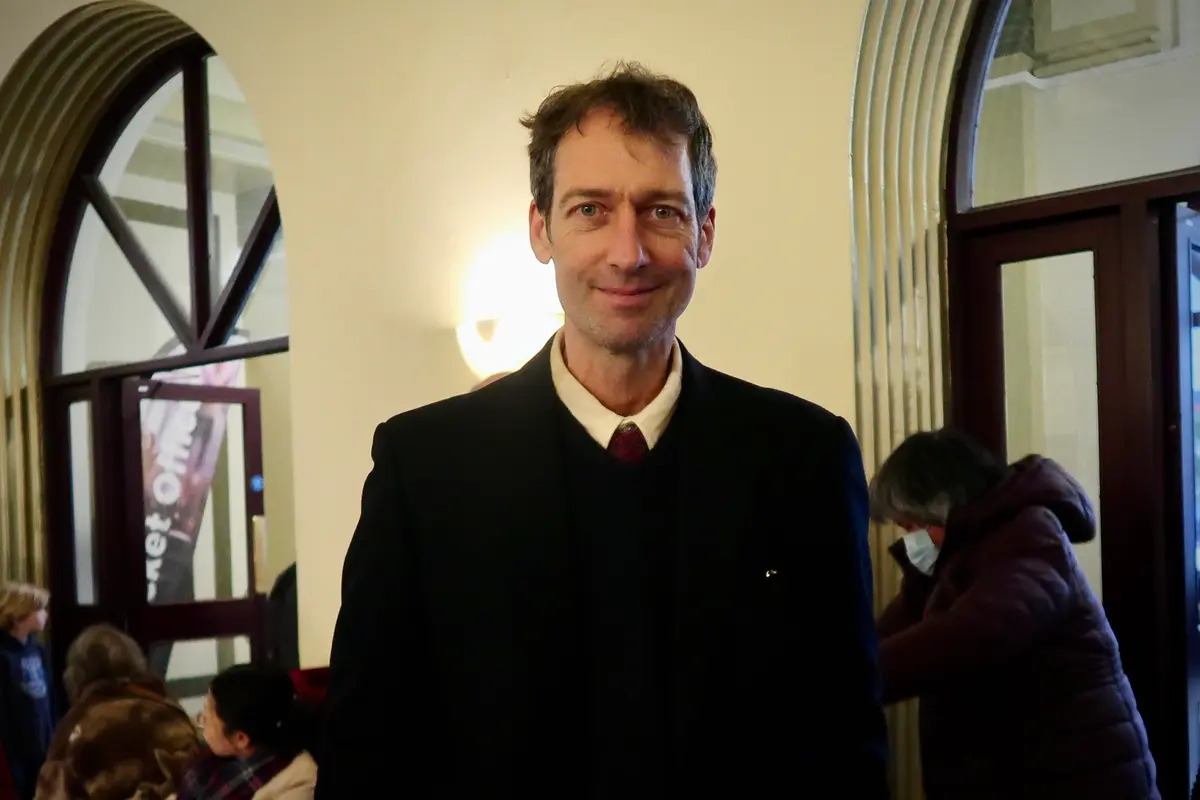ST. LOUIS—Actor Christopher LaBanca and Kristna Anderson saw advertisements for Shen Yun Performing Arts last year and wanted to go badly but were in San Diego at the time. This year, when Mr. LaBanca saw the ads, he decided that they would attend on Valentine’s Day weekend, even if it meant traveling.
“Through the universal language of music and dance, Shen Yun weaves a wondrous tapestry of heavenly realms, ancient legends, and modern heroic tales,” according to the company’s website.
Every year Shen Yun travels the globe presenting classical Chinese dance and music, and takes audiences on a journey through China’s millennia old history and culture.
This is a mission that Mr. LaBanca, perhaps best known for his role in the 2013 film The Devil’s Stallion, can appreciate. He feels theater’s objective should be to change the community it serves.
For example, he feels the media of film and theater are different from each other and should be.
“Live performance is something that unfortunately oftentimes is dying out with directors and actors. [Theater people] are trying to compete with film instead of embracing what it is—which is a reaching into culture. It’s reaching out to specific communities,” he said.
With this in mind, Mr. LaBanca has initiated the theater company, Solid Lines Productions. It’s “mission is to produce superior theatrical performances that encourage constructive dialogue in our community,” its website states.
Theater also allows a very visceral connection with the audience: “Seeing people on stage offers their sweat to you, and you don’t see that in film, everything appears easy and perfect,” Mr. LaBance said.
Ironically, Shen Yun is best known for is flawless performances of classical Chinese dance. Yet audiences do feel the impact and connection to the live performances, often saying they feel a real energy coming from the dancers.
“Sophisticated dance techniques, an orchestra joining instruments from both the East and West, beautiful costumes, and a stunning back drop—this is Shen Yun at first glance,” explains the Shen Yun website.
“But digging deeper, one discovers a sea of traditional Chinese culture. Mortals and divine beings merge on stage as one. Principles such as benevolence and justice, propriety and wisdom, respect for the heavens, and divine retribution, all come to life, washing over the audience.”
“I think that [Shen Yun] shows that it’s fine to take risks and try new things and also these experiences are worth having,” he said.
In addition to daring to bring spirituality front and center, the main risk that Shen Yun takes is in its depicting the ongoing persecution of Falun Gong by the Chinese Communist regime. Falun Gong, a practice of truthfulness, compassion and tolerance, has been brutally repressed since 1999.
In fact, Shen Yun cannot perform in China, yet travels the globe with four companies that tour simultaneously.
For Mr. LaBanca, then, Shen Yun understands the strengths and advantages of theater as a vehicle to touch people.
“That’s why maybe people out there in the audience are going to look at Chinese culture a little bit differently. There is so much more there to know about,” he said.
Reporting by Catherine Wen and Sharon Kilarski
New York-based Shen Yun Performing Arts has four touring companies that perform simultaneously around the world. For more information, visit Shen Yun Performing Arts.
The Epoch Times considers Shen Yun Performing Arts the significant cultural event of our time. We have proudly covered audience reactions since Shen Yun’s inception in 2006.



